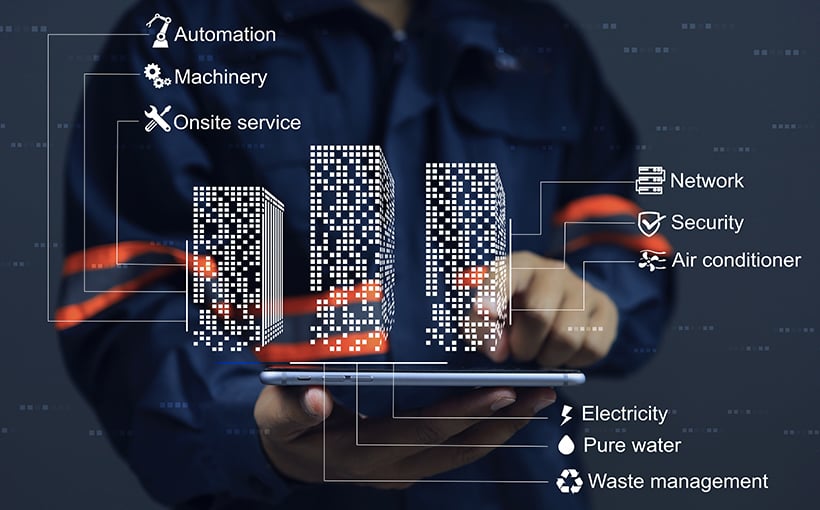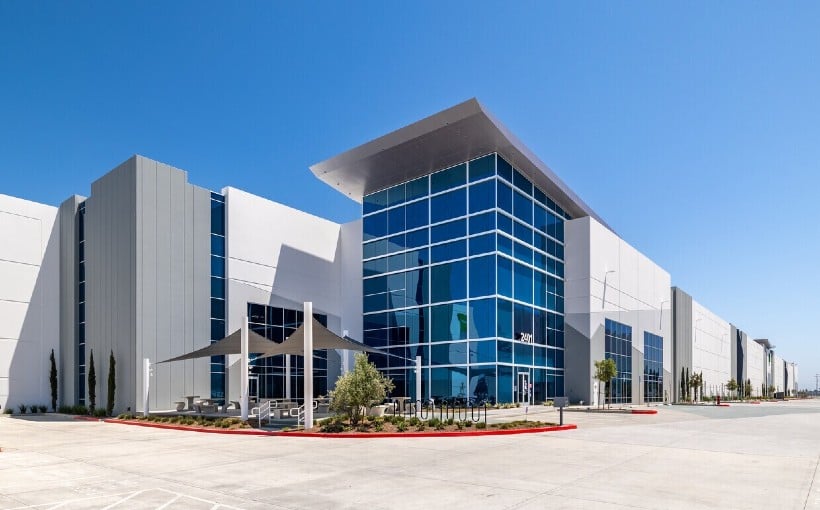According to JLL, a global real estate services firm, the majority of buildings in the world’s most developed cities are over ten years old and do not meet current energy standards. However, there is good news: improving energy efficiency can have a significant impact on reducing carbon emissions in the next decade.
In a recent article discussing how artificial intelligence (AI) can aid with energy usage, JLL stated that many buildings already have sensors and smart technologies installed. By gathering real-time data on equipment and systems, AI can analyze and optimize how these buildings use energy.
Specifically, AI technology has the potential to:
– Identify opportunities for saving both energy and costs
– Model demand fluctuations under various scenarios such as weather events
– Develop algorithms for predictive maintenance and HVAC optimization
– Create benchmark models to improve future planning for efficient use of resources
– Devise strategies that combine renewable sources with traditional ones
to maximize sustainability efforts
and reduce reliance on non-renewable resources
While AI has great potential in promoting sustainability goals through more efficient use of resources like electricity or gas consumption , there are still barriers preventing its widespread implementation.
Yuehan Wang , Global Research Associate – Real Estate Technologies at JLL commented: “Implementing AI requires more than just upgrading technology; it also involves reorganizing building workflows to support an AI-driven model.” In addition to this organizational change within companies adopting this new technology , leadership must ensure all levels within their organization are engaged with implementing an effective solution .
On a positive note , green leases could help drive sustainable practices . Furthermore government subsidies such as those offered by programs like U.S. Inflation Reduction Act or EU’s Green Deal could lower costs associated with implementing advanced technologies like artificial intelligence . Despite these incentives however,the article points out that additional measures may be necessary to encourage wider adoption of AI solutions .
Ramya Ravichandar,Vice-Presidentof Product Management at Smart Buildings & IOT, stated that regulations are increasing investor demand for AI to address energy efficiency challenges. “The key is finding additional incentives to encourage all users in an organization to embrace AI,” Ravichandar added.
However, according to the article ,Ravichandar believes that implementing AI could lead towards a paradigm shift in building operations . “The technology is here,” he commented. “Now we need to integrate it into processes and equip people with the necessary skills and knowledge needed unlock its full potential.”




